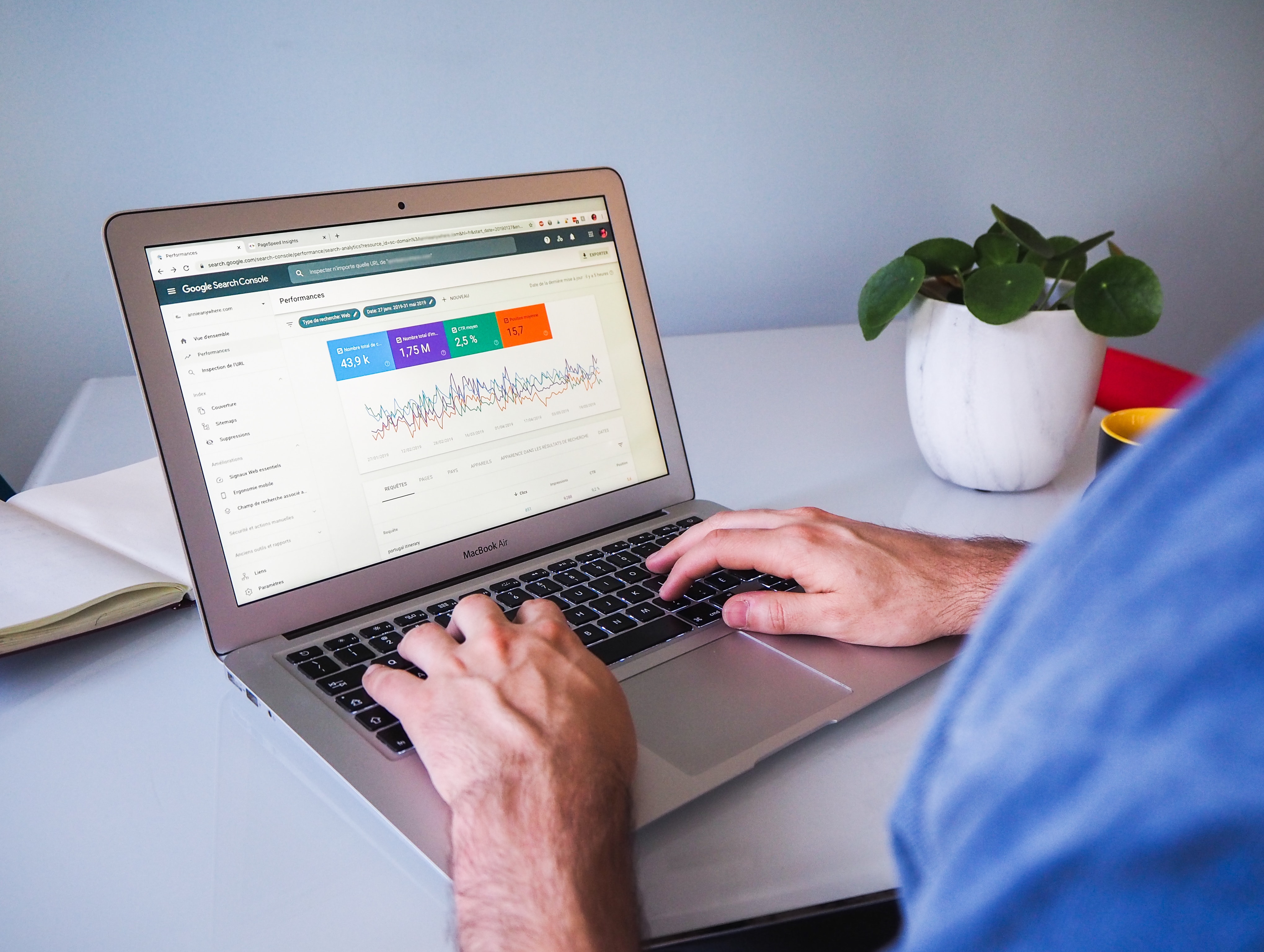From May 2023, Google Ads will no longer support or generate Similar Audiences (also known as Similar Segments) within any campaign targeting or reporting. Any new campaigns that you create will no longer have the option to add Similar Audiences/Segments from the 1st of the month. Any of your current campaigns with active similar audiences will remain unchanged until August 1st 2023, giving you slightly more breathing room but after this date all similar segments will be removed from ad groups.
For brands who are heavily reliant on this feature to support the broadening of audience or retargeting campaigns, the transition away should be handled with care.
What is replacing Similar Audiences?
Replacement features will depend on your campaign type. A different campaign type may offer a different solution but the one thing all these solutions have in common is the leveraging of 1st party data.
Display, Discovery and Video Action Campaigns.
If you have any or all of the above campaign types running, Google recommend turning on optimised targeting. The aim of optimised targeting is to reach additional but relevant consumers specific to your conversion goals.
Optimised targeting will take a look at information like keywords on your landing page or in your creative assets, then aim to find additional engaged audiences that can meet your campaign's goals.
It works by identifying users that are likely to convert through creating a profile of what a converter looks like based on real-time conversion data. For example, that data could include Google searches for specific running shoe brands or clicks to a popular sportswear website. While your manually-selected audience segments provide a starting point for Google, optimsed targeting will looks for conversions outside of just your selected segments.
Awareness and Reach Video or Consideration Video Campaigns.
For these types of video campaigns, Google really recommends including your 1st party data segments within your ad groups and making use of their audience expansion tool to reach consumers with similar profiles or behaviours.
What's the difference between audience expansion and optimised targeting? Well, optmised targeting is set up specifically to find consumers most likely to convert regardless of what audience segment they might fall in. It's uses real line conversion data as a starting point. Whereas audience expansion looks for additional audience segments that look like your manually-selected audience segments so is therefore better aligned for Reach or Consideration campaign goals.
From May 2023, Google Ads will no longer support or generate Similar Audiences (also known as Similar Segments) within any campaign targeting or reporting. Any new campaigns that you create will no longer have the option to add Similar Audiences/Segments from the 1st of the month. Any of your current campaigns with active similar audiences will remain unchanged until August 1st 2023, giving you slightly more breathing room but after this date all similar segments will be removed from ad groups.
For brands who are heavily reliant on this feature to support the broadening of audience or retargeting campaigns, the transition away should be handled with care.
What is replacing Similar Audiences?
Replacement features will depend on your campaign type. A different campaign type may offer a different solution but the one thing all these solutions have in common is the leveraging of 1st party data.
Display, Discovery and Video Action Campaigns.
If you have any or all of the above campaign types running, Google recommend turning on optimised targeting. The aim of optimised targeting is to reach additional but relevant consumers specific to your conversion goals.
Optimised targeting will take a look at information like keywords on your landing page or in your creative assets, then aim to find additional engaged audiences that can meet your campaign's goals.
It works by identifying users that are likely to convert through creating a profile of what a converter looks like based on real-time conversion data. For example, that data could include Google searches for specific running shoe brands or clicks to a popular sportswear website. While your manually-selected audience segments provide a starting point for Google, optimsed targeting will looks for conversions outside of just your selected segments.
Awareness and Reach Video or Consideration Video Campaigns.
For these types of video campaigns, Google really recommends including your 1st party data segments within your ad groups and making use of their audience expansion tool to reach consumers with similar profiles or behaviours.
What's the difference between audience expansion and optimised targeting? Well, optmised targeting is set up specifically to find consumers most likely to convert regardless of what audience segment they might fall in. It's uses real line conversion data as a starting point. Whereas audience expansion looks for additional audience segments that look like your manually-selected audience segments so is therefore better aligned for Reach or Consideration campaign goals.
Search and Shopping Campaigns.
For search and shopping campaigns where you're currently utilising similar segments, Google recommend switching on smart bidding.
You can learn more about Smart Bidding here.
If you're running Performance Max campaigns, you actually don't need to do anything. They will already be leveraging signals from your 1st party data and optimising bidding accordingly.
What you can do to prepare.
It's pretty obvious that Google are looking to take advantage of machine learning and automation to help drive your campaign performance. At Revenue Growth Agency we are consistently talking about the importance of 1st party data and this would be no exception.
In order for these automation tools to work effectively, they need accurate and plentiful 1st party data. Machine learning will use this data as a starting point before expanding delivery.
If you aren't already looking into a 1st party data solution, we highly recommend to start here. And then audit your Google Ad campaigns really thoroughly and make sure you are making decisions about where it might be best placed to transition to Performance Max or use Optimised Bidding and Audience Expansion.





